Life isn’t one-size-fits-all – and neither is life insurance.
Here are a few frequently asked questions that may help you understand and navigate the best life insurance policy for you.
1. How much life insurance do I need, anyway? There are a number of factors that can influence the amount of life insurance you need – including age, debts, monthly expenses and number of. As a general rule of thumb, purchasing a policy worth 10 to 15 times your gross income is used as a starting point in cultivating your policy.
2. Is Life insurance expensive? Purchasing an insurance policy worth hundreds of thousands of dollars may sound like an expensive proposition. But the truth is, life insurance is more affordable than you may think. As an example, and depending on your policy, a $250,000 life insurance policy could cost less than $15 a month.
3. Do I need a medical exam to purchase life insurance? Not always, but do expect to answer certain questions. It’s more likely you’ll need an exam as your age and/or the amount of coverage requested increases. For some life insurance policies, your insurer will require a brief medical exam, more commonly referred to as a paramedical exam. It’s similar to a standard physical. A paramedical exam professional will measure vitals like your height, weight, temperature and blood pressure. You’ll also have to have blood drawn and a urinalysis test completed.
4. Can I purchase life insurance without a health exam? Not all life policies require you to get a paramedical exam. Life policies below $100,000 typically require you to only complete an application (with the help of your agent) before it is reviewed by an underwriter. If you’re between the ages of 18-55, you may be able to get an instant-issue term or whole life policy with up to $500,000 in coverage by answering several application questions without having to complete a life insurance paramedical medical exam.
5. Why should I think about life insurance if I’m young and healthy? Life insurance is a smart purchase at any age. Even if no one depends on your monthly income, a life insurance policy will cover your funeral expenses and debts — including student loans. And there’s another advantage of purchasing a policy at a young age: lower rates. Because insurers price policies based on risk (and young people have a far lower mortality rate than older groups), your rates are generally less expensive if you’re young and healthy. Buying a policy when you’re young and healthy makes it easier for you to buy more coverage in the future. Plus, you’ll have a policy (locked in at a great rate) now, should you ever need it.
6. I have a policy through work. Isn’t that enough? As part of an overall benefits package, many employers offer some form of life insurance coverage to their employees. Since this coverage is typically paid for by the employer, it’s a great benefit to have. But it’s still wise to hold your own personal life insurance policy.
7. I don’t work outside the home. Why should I think about life insurance? Being a stay-at-home parent is a full-time job. And while your work may not generate an income, it does significantly reduce your household expenses. Think of all the extra costs associated with child care, transportation and meal preparation that would be incurred if you were no longer around.
8. What’s the difference between term and permanent life insurance? Term life insurance provides coverage over a fixed period of time. Term life insurance is a cost-effective option to provide protection for the loved ones you leave behind. With this type of policy, you can select a term that will cover you when you need it most — such as the time it will take your children to reach adulthood. Permanent policies, such as whole life policies, provide coverage over your entire lifetime. That means your family and beneficiaries are covered for the duration of your life. Whole life insurance accumulates cash value, too, providing you the option of borrowing against it in the future.
9. I’m a rock climber. Can you still cover me? Assessing risk is a key component of underwriting a life insurance policy. Dangerous hobbies — like skydiving, rock climbing or vehicle racing — make you inherently riskier to insure. However, just because you’re an adrenaline junkie doesn’t automatically mean you can’t get life insurance. Before giving you a quote, your insurance agent may ask you to fill out a written questionnaire to understand more about your hobby. In many cases, you’ll still be able to get insurance. Just expect to pay a little extra to account for the additional risk.
10. What is a life insurance beneficiary? A beneficiary is a person or entity designated to receive the funds from your life insurance policy in the event of your death. Your beneficiary can be a person, business, trust, charity, church or even a school. An insurance policy can have more than one beneficiary.
11. How do I choose a beneficiary? Choosing a life insurance beneficiary depends largely on how you’d like your life insurance benefit to be used upon your death. If you have young children, naming a spouse or close family member you trust as your beneficiary and memorializing your wishes may be one way to provide for your children’s care in your absence.
12. I don’t have kids. Why should I think about life insurance? The need for life insurance isn’t limited to parents. Whether you’re entering adulthood or nearing retirement, everyone can benefit from owning a life insurance policy. Beyond providing for children, a life insurance benefit can be used to cover expenses like funeral costs or pay off any outstanding debts.




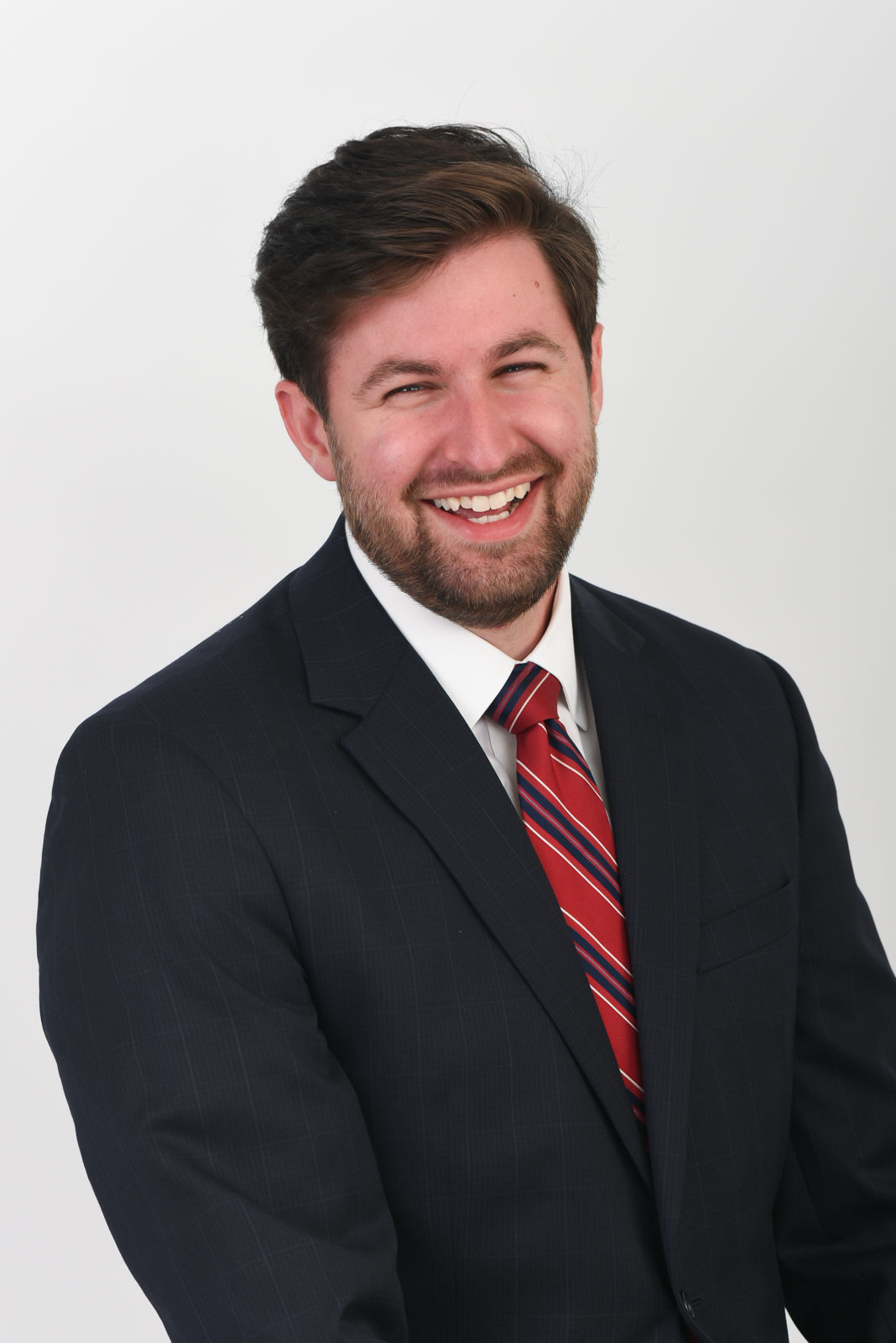



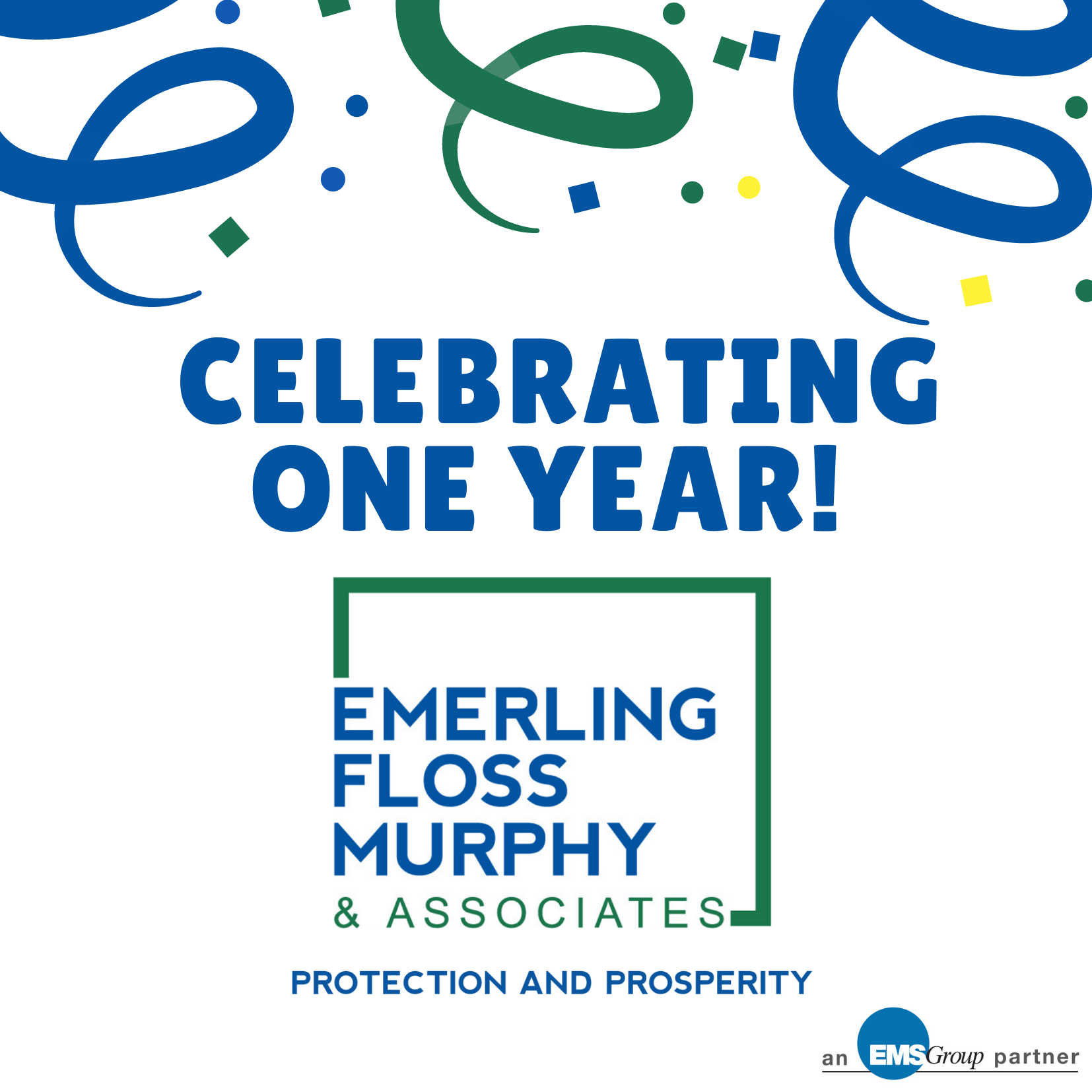
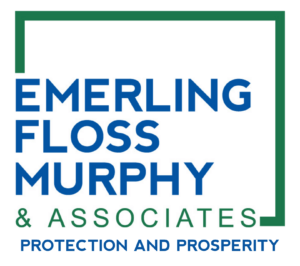 Thursday, July 1st, 2021 marks the one-year anniversary of the “official” merge of Emerling Floss Murphy & Associates. This endeavor happened after six years of discussion, planning, and executing – yet we could have never planned on adding a pandemic into the mix when our merge came to fruition.
Thursday, July 1st, 2021 marks the one-year anniversary of the “official” merge of Emerling Floss Murphy & Associates. This endeavor happened after six years of discussion, planning, and executing – yet we could have never planned on adding a pandemic into the mix when our merge came to fruition.
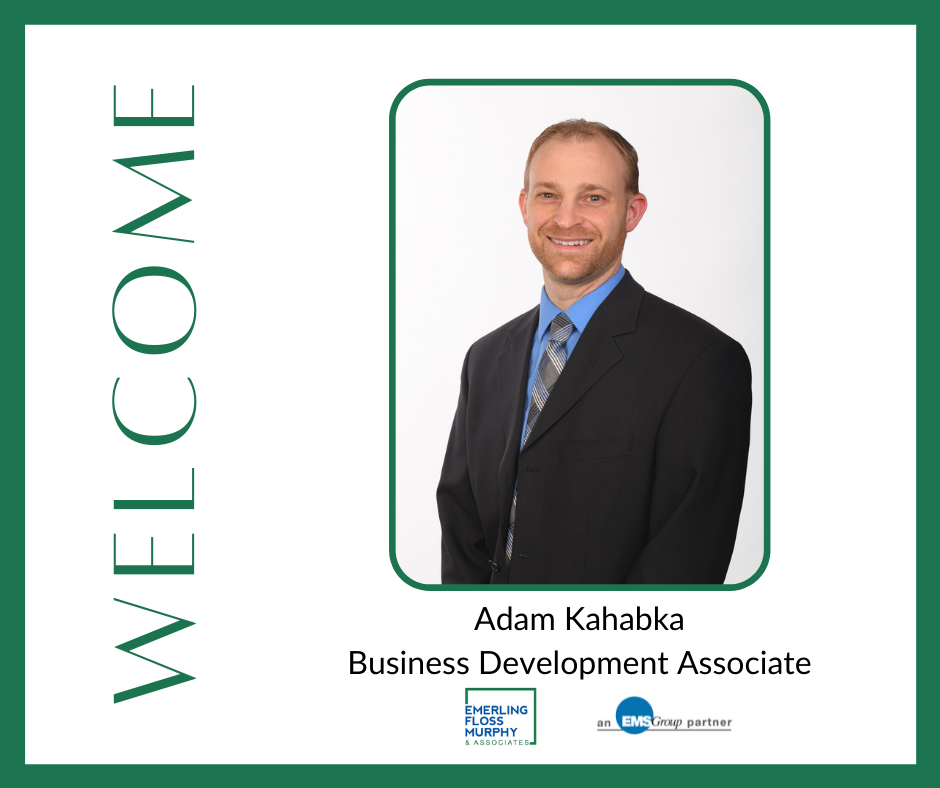
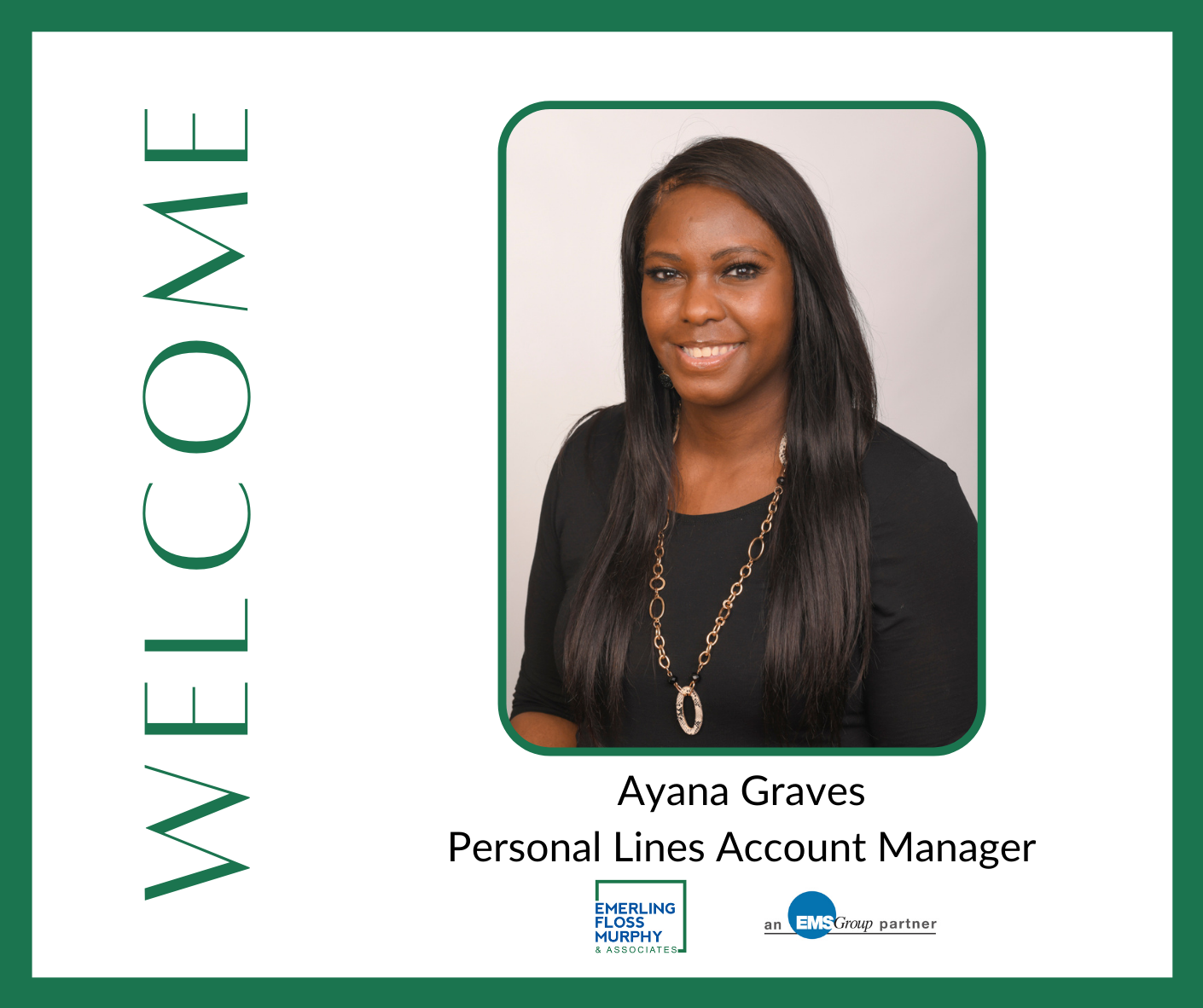

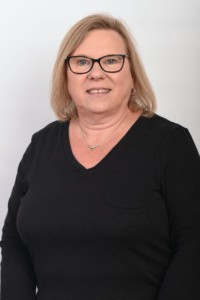 Barb Schubring, a Commercial Lines Manager for Emerling Floss Mur[hy & Associates has recently celebrated 25 years of service with the agency, since her hiring at the Floss Agency back in 1996.
Barb Schubring, a Commercial Lines Manager for Emerling Floss Mur[hy & Associates has recently celebrated 25 years of service with the agency, since her hiring at the Floss Agency back in 1996.